
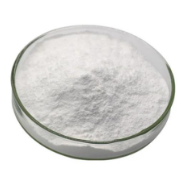
Name: Sodium bicarbonate CAS No.: 144-55-8 Appearance: White powder or opaque monoclinic system fine crystals Molecular formula: CHNaO3 Molecular Weight: 84.01 Melting point:>300 °C(lit.) PACKAGE:25KG/BAG
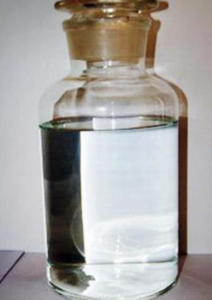
Name: Dichroromethylvinylsilane CAS number: 124-70-9 Molecular formula: C3H6Cl2Si Molecular weight: 141.07 EINECS number: 204-710-3 Mol file: 124-70-9.mol
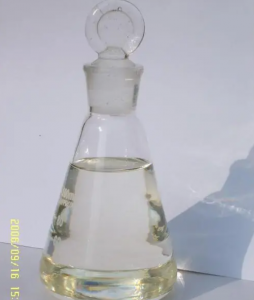
Name: Vinyltrimethylsilane CAS number: 754-05-2 Molecular formula: C5H12Si Molecular weight: 100.23 EINECS number: 212-042-9 Mol file: 754-05-2.mol
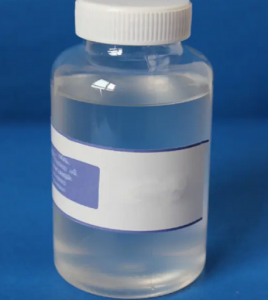
Name: Ethoxydimethylvinylsilane CAS number: 5356-83-2 Molecular formula: C6H14OSi Molecular weight: 130.26 EINECS number: 226-341-7 Mol file: 5356-83-2.mol
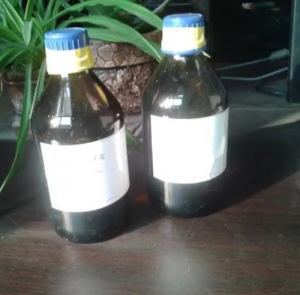
Name: CHLORODIMETHYLPINYLSILANE CAS number: 1719-58-0 Molecular formula: C4H9ClSi Molecular weight: 120.65 EINECS number: 217-007-1 Mol file: 1719-58-0.mol
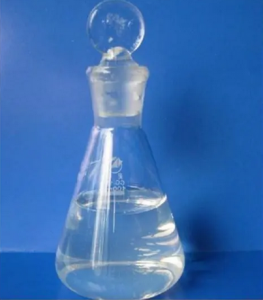
Name: 1,1,3,3-TETRAMETHYL-1,3-DIVINYLDISILAZANE CAS number: 7691-02-3 Molecular formula: C8H19NSi2 Molecular weight: 185.41 EINECS number: 231-701-1 Mol file: 7691-02-3.mol

Dear Customer, We would like to take this opportunity to thank you for your kind support all this while. Please kindly be advised that our company will beclosed from JAN 26th~ Feb 04th , in observance...
There are many types of microorganisms that cause food spoilage. To sum up, there are mainly three types, namely bacteria, molds, and yeasts. Some people jokingly call these three fungi the three killers in food. The following briefly introduces the impact of three types of fungi on food quality.

2. Mold
Mold is mainly stored in a warm and humid environment, especially in a poorly ventilated state, it is easy to multiply. When the water content is less than 15%, its growth is inhibited, which is aerobic bacteria, and its activity can be completely inhibited in an anaerobic environment.
3. Yeast
Yeasts are easy to grow and develop in foods containing more carbohydrates, such as various noodle products; but generally do not grow in foods rich in protein, such as meat products. online service
online service +8613866722531
+8613866722531 pweiping@techemi.com
pweiping@techemi.com pweiping
pweiping +8613866722531
+8613866722531